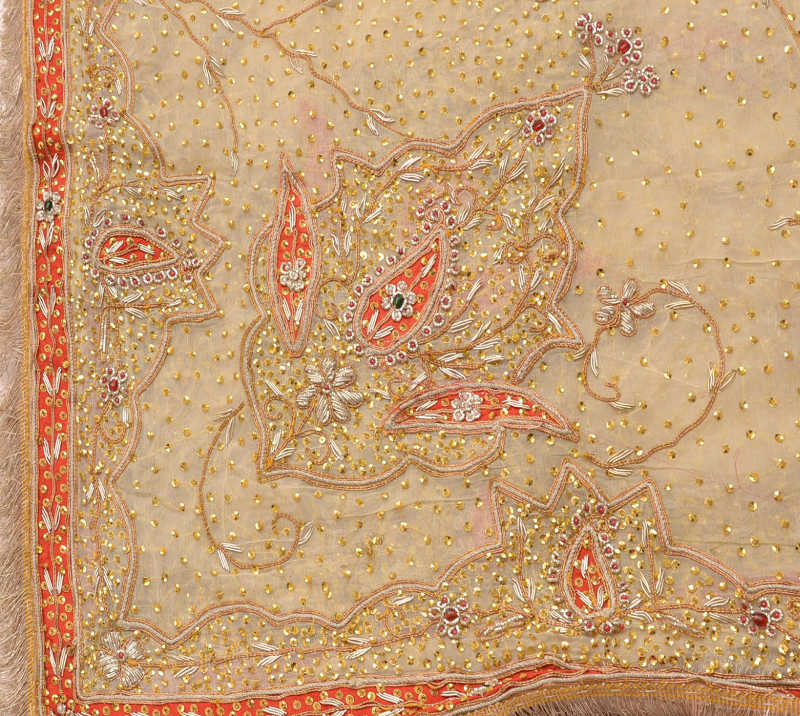===
0309,
16
===

=== |
 |
naqsh : 'An impression; a stamp; a mark'. (Platts p.1145)
naqsh biṭhānā : 'To make a strong impression (on); to establish (one's) rule or authority (in or over)'. (Platts p.1145)
kahīñ : 'Somewhere; anywhere; wherever, whithersoever; —ever, anyhow, by any chance; ever-so-much, far, greatly; —may be, perhaps, peradventure'. (Platts p.808)
FWP:
SETS
MOTIFS == ROAD
NAMES
TERMS == OPPOSITION; VERSE-SETThis is the second verse of a three-verse verse-set; for a fuller discussion, see {309,15}.
When a lovely bit of wordplay like the impression 'seating' itself and the heart being made to 'stand up' can be felt to energize not one but three verses, isn't it astonishing that people think of Mir as a naive, hapless, emotional innocent who never stooped to use any kind of verbal devices? The more I work with ghazals, the more I realize that almost nothing but explosive little verbal devices can really make a verse pop. In this verse, the translation has to be roundabout, so in English the 'pop' isn't audible; but in Urdu it's a treat.
Of course, other verses have different kinds of charms: there's 'meaning-creation' with its swirls of multivalent grammar, and 'mood' with its ineffable feeling-tone, and so on into the more subtle ones. But the 'pop' of wordplay still seems especially fundamental.
Note for translation fans: Does 'highway' sound too modern and high-tech? Normally 'roadway' would no doubt be a better choice. The advantage of 'highway' in this case is that it foregrounds the kind of rush and impersonality that is exactly what the verse means to evoke. Still, it's a judgment call.